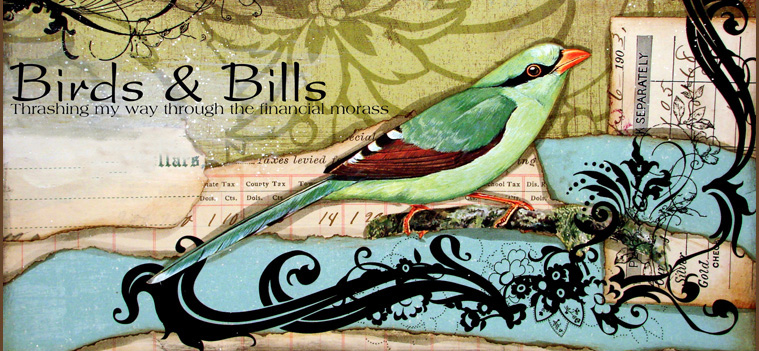At the risk of looking like a big shill for John Scalzi's Whatever blog, I'm going to cite it in two consecutive entries. Lots of people fantasize about becoming a full-time writer. Some who try it then write whiney articles about how badly it pays. The harsh reality is that midlist authors don't generate enough ancillary economic activity to make being a midlist author a particularly lucrative career path.
But what are the actual numbers involved? Scalzi, a veteran freelance writer and semi-fledgling science-fiction writer, breaks them out in two blog entries: one tallying what he made from his fiction writing in 2006 and an earlier one approximating all of his writing/editing income in 2005. If you're an aspiring writer, or simply someone curious about the economics of the field, check them out.
On my end, the figures had a few surprises. Scalzi has been pretty successful marketing his work and building a following (a 500-copy run of a small press book published this week sold out before it shipped), and he gets pretty strong critical reviews; I would have expected his take from the fiction to be a bit higher, though I follow his explanations of why it wasn't. If you're making your money off royalties, rather than big advances, it's going to take a long time to actually land in your bank account.
On the flip side, I'm surprised he's doing so well off the freelance journalism and corporate work. Finding steady, lucrative clients who cough up paychecks when they're due is the real skill of freelance writing -- the actual journalism is the easy part. Obviously, Scalzi has got the business end of things well in hand.
The one caveat I'd throw in is that Scalzi has an unusual asset working in his favor: He is insanely prolific. In an average year, he writes multiple novels. If you're going to rely on fiction for a substantial portion of your income, being quick helps; your editor doesn't care how many years you slaved over a book. Your advance depends solely on the book's marketability, not the time that went into its creation.
Similarly, if you're relying on journalism and freelance work, churning articles quickly is going to have a direct, positive effect on your bottom line. Scalzi estimates that he writes 20,000 to 30,000 words in a typical week. I don't think I know of any other writers keeping that pace. In my staff job, I'd estimate that I publish 5,000 to 7,000 words in an average week; my most prolific peers probably do 10,000 to 15,000.
I understand why people are loathe to reveal specific details of their own financial situations, but I'm all in favor of this kind of information being more widely spread. The first step in making any choice is having the information you need for an informed decision.
Tuesday, February 27, 2007
The nitty numerical details of being a full-time writer
Subscribe to:
Comment Feed (RSS)

|